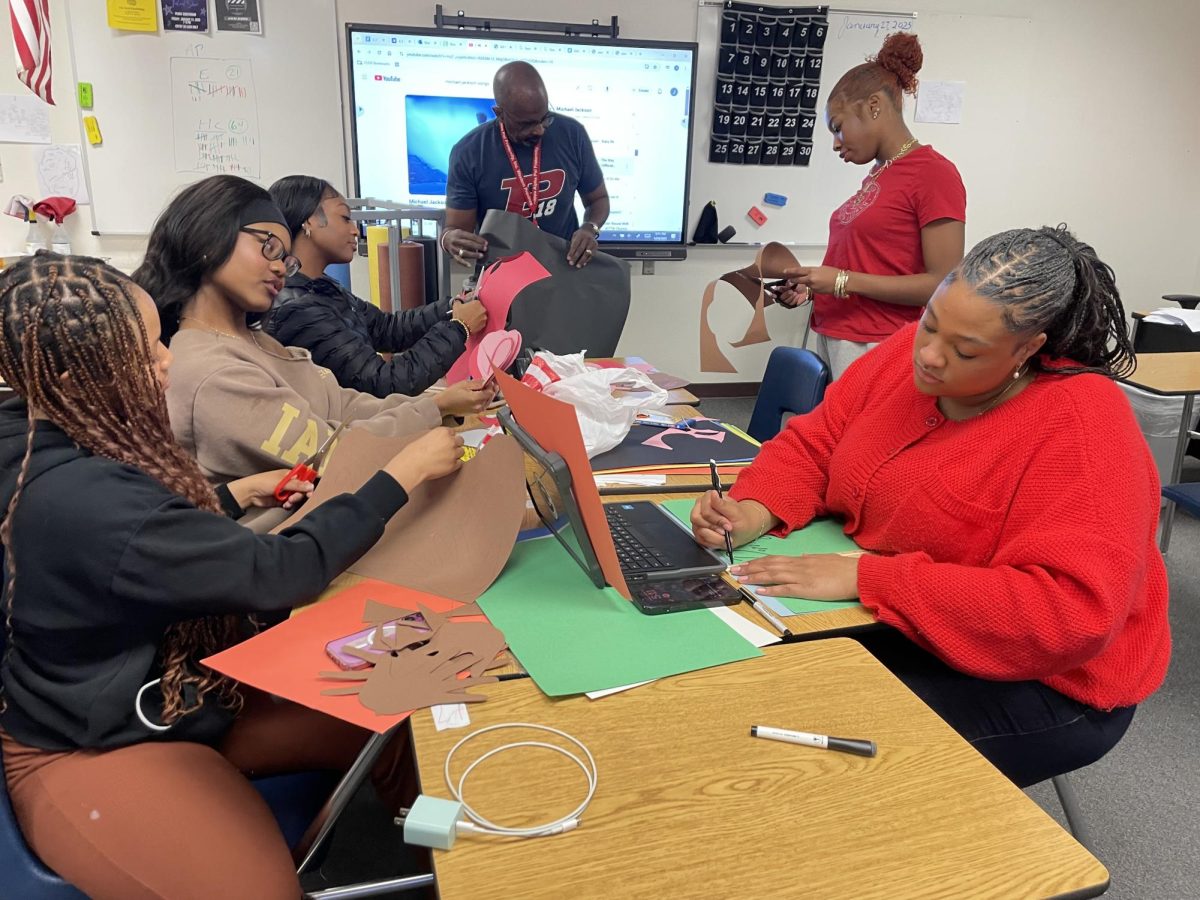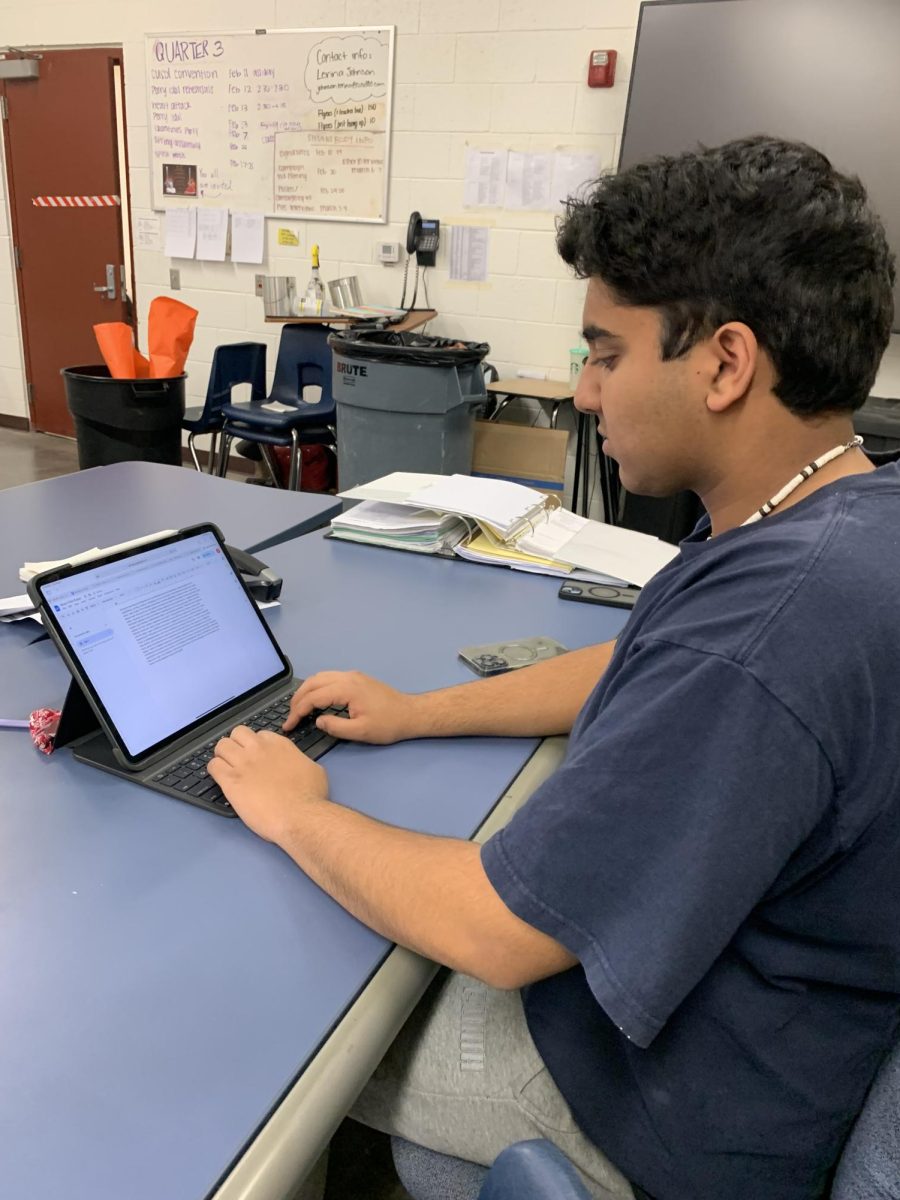As the world’s technology advances, there is more and more talk about using technology in the classroom. Currently, there are plans to update Perry’s electronic policy so students can connect their own personal electronics to the school’s wireless network. The idea is supported by a growing trend of teachers and students using technology for education.
The update, which is slated for a third quarter roll out, will allow for laptops, tablets, and possibly smart phones to connect to the web for tasks such as note taking, homework, and research.
This radical change in Perry’s policy is due to the fact that the school wants students to be as ready for college as possible.
Talking about how tech-savvy students are, Principal Dan Serrano said: “That’s how kids are today.” He believes that allowing this technology will help the students with college and in the workplace.
“It will allow people to come and do their presentations,” Chris Babkis, technology specialist at Perry stated. “People can bring in their iPads and teachers can bring in their laptops and search (the Internet) and save (documents, websites, etc.).”
Perry will be one of the first schools in the district to allow students to bring personal electronics into the classroom. According to Serrano, there is one traditional academy in the district that has this technology, but schools in Scottsdale have had it for a while. “We already have the access to do this,” Serrano said.
Many students around campus are already aware of the Internet access. In the past, PHS would not allow others to access the wireless network because they were afraid too many people on it would slow the system to a crawl. The new update gives the school a separate branch of Internet for student and guest use, and should not affect the student and teacher network.
However, not all change comes without consequence, and not all students will use this privilege as it is intended. With students bringing in their own electronics, the possibility for cheating drastically rises. “The district is going to have to come up with that,” Serrano said when asked about rules to suppress academic dishonesty.
English teacher Rhonda Duering, who is an avid user of the Internet and turnitin.com, said the changes are a step in the right direction. She says the idea of being able to tell her students to take out their phones when internet is required for quick, on-the-spot research is a more real-world activity.
“I think we should have that,” junior Rebekah Proper expressed when asked if Perry should allow students to bring laptops into class. “It would help me in English.”
Biology teacher Melanie Lyon thinks knowing how to utilize technology is imperative. She added that now kids carry computers everywhere so it’s about finding, utilizing and interpreting information.
The addition of a student branch of wireless Internet and a change in electronic policy to allow personal electronics in the classroom will allow students to ultimately be more flexible in how they learn.





